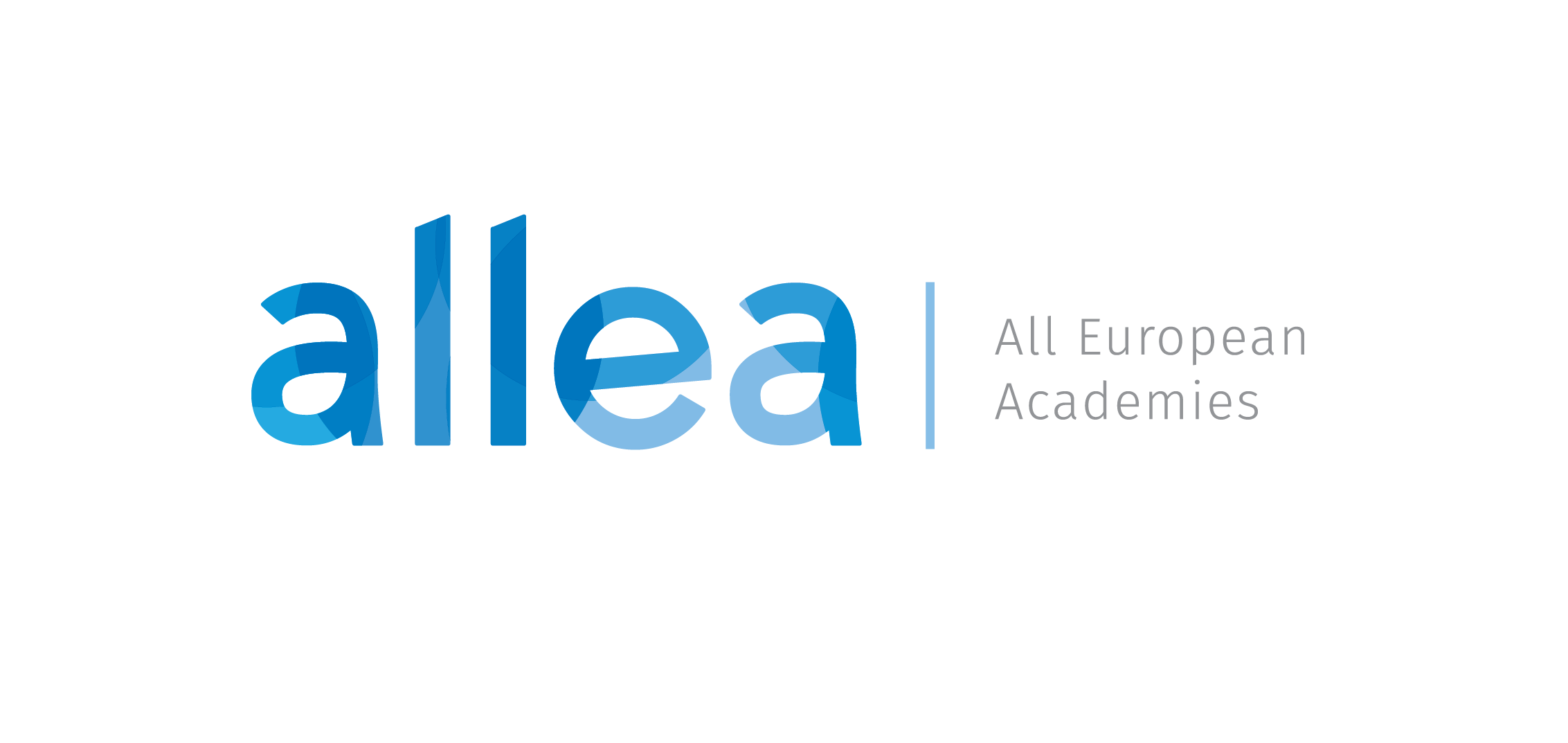Trust in Science in a Digital World – ALLEA publication

This week, ALLEA published two discussion papers in their series on Trust in Science.
The first considers the loss of trust in science and expertise. The paper reflects on some specific approaches that academic research can adopt towards the common goal of producing reliable, reproducible and trustworthy scientific evidence. It also takes a normative stance by reaffirming the need for more articulated and context-sensitive standards of research integrity, greater and better inter-, multi- and transdisciplinary collaboration, re-adjustments in the evolving system of scientific publishing, and the importance of ethical guidance as a shaping asset for trustworthy research.
The second paper, Trust in Science and Changing Landscapes of Communication examines how the increasing use of social media and other digital transformations affect and challenge trust relations between science, media and society.
In response to these challenges, the paper discusses the development of new tools for fact-checking and quality control of scientific information online. The authors urge political leaders to back and value scientific methods and standards of research integrity, and support digital innovations to overcome threats to public reasoning and scientific discourse.
While the widespread use of social media as a source of information might lead to a ‘context collapse’ of information, reinforce people’s confirmation biases and ultimately push the polarisation of societal groups through so-called ‘echo-chambers’ and ‘filter-bubbles’, the paper warns about a growing corporatisation of communication, a lack of funding for quality science journalism, (geo-) political computational propaganda and disinformation campaigns, as well as an increasingly polarised political climate.
All these trends have substantial consequences for the communication of science and might threaten the core pillars of trust in science as well as media: integrity, transparency, autonomy and accountability. The paper proposes to develop new mechanisms for researchers, journalists and other communicators of research to safeguard and reinforce these pillars and counter a loss of trust and trustworthiness.